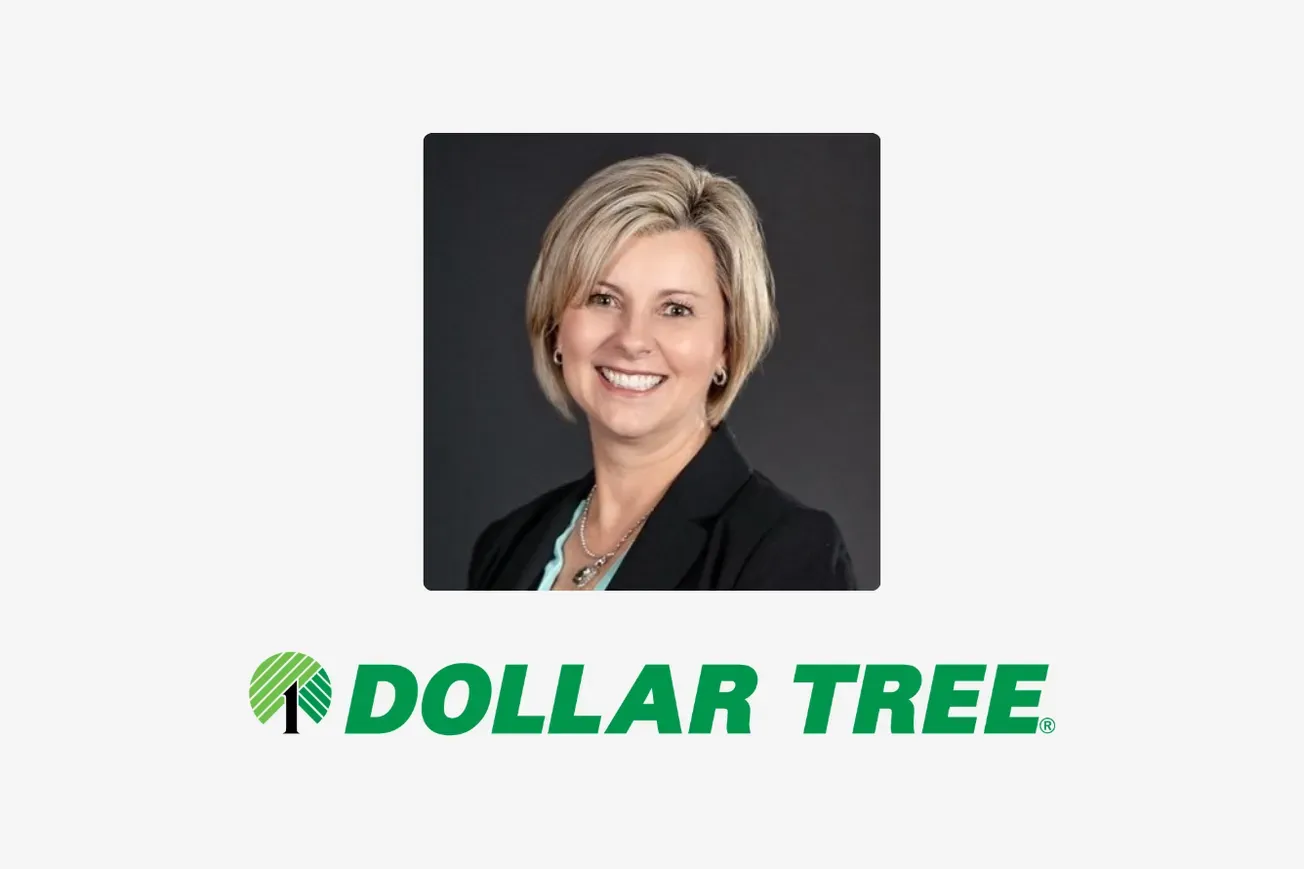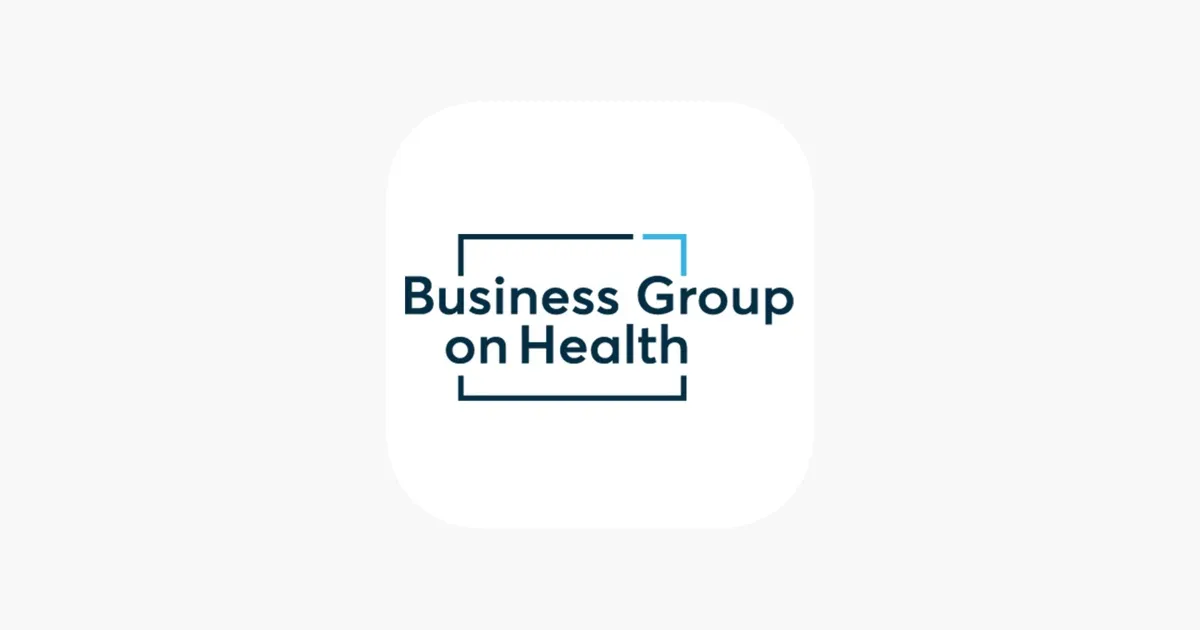It is all but certain that many of the nation’s retail pharmacy operators — including the two biggest, CVS Health and Walgreens Boots Alliance — will soon find themselves caught in the middle of the nation’s culture wars, having been thrust into the debate over abortion rights by a recent shift in policy at the Food and Drug Administration.

Just after the start of the new year, the FDA revised the Risk Evaluation and Mitigation Strategy (REMS) for mifepristone, opening the way for the so-called abortion pill to be dispensed with a prescription at brick-and-mortar pharmacies. Distribution had previously been limited to physician offices, clinics and a limited number of certified mail-order providers. Now community pharmacies that go through a certification process will be allowed to dispense the drug, which when used sequentially with misoprostol, is a safe way to terminate pregnancy for the first 10 weeks after conception, according to the FDA, and also is frequently prescribed for patient management following a miscarriage.
Walgreens and CVS have indicated that their drug stores will offer the medication where its sale isn’t restricted by state law, despite the inevitable criticism the move will trigger among abortion opponents. Other pharmacies have yet to come to a decision about how to handle the issue. Their hesitancy no doubt stems from concern over blowback from right-to-life groups and its potential impact on business.
Antiabortion activists in several major cities are already planning demonstrations outside retail pharmacies that carry mifepristone, according to published reports. They indicate that the events will be similar to those that have become commonplace outside abortion clinics, where people entering and leaving the facilities are confronted by protestors. There is also talk of a boycott against retailers that dispense the abortion pill, which, in addition to generic versions, is sold under the brand name Mifeprex.
The thought of protestors harassing customers outside stores has to be disconcerting for pharmacy operators, who already have to deal with a tight labor market, high inflation and organized retail crime, even as they work to expand the scope of health care services on offer. The vast majority of consumers don’t visit the local drug store to fill a prescription for mifepristone. If they encounter misdirected anger and friction when shopping a particular location, they’re likely to go elsewhere in the future.
Pending legislative action further complicates the picture. In the wake of the Supreme Court’s ruling in Dobbs v. Jackson, which ended the nationwide right to an abortion and left regulation of the practice to individual states, supporters and opponents are pressing their case. The patchwork of laws — some guaranteeing a woman’s right to terminate a pregnancy, others limiting it or banning the practice altogether — will make it that much more difficult for pharmacists and other health care providers to know if legal trouble might lie ahead if they have any involvement in an abortion, including one induced by prescription medication.
At the federal level, Congressman Buddy Carter, a Republican representing Georgia’s First District, has introduced a bill that would protect health care providers who refuse to fill prescriptions that could be used to trigger an abortion. In addition, Carter, a pharmacist himself, signed a letter to Dr. Robert Califf, FDA commissioner, urging him to reverse the new REMS guidance for mifepristone.
Abortion remains a highly contentious issue. The results of a survey conducted by the Pew Research Center released last summer found that 61% of adults in this country think that abortion should be legal in all or most cases, while 37% hold the opposite viewpoint. Pharmacy operators that have decided to carry mifepristone can’t escape the controversy, but they shouldn’t allow themselves to be swept up in it. As long as the actions of CVS, Walgreens and other pharmacy retailers are guided by the overarching purpose of serving the needs of patients — in this case doing so by filling legitimate prescriptions for a legal (in most jurisdictions) medication sanctioned by the FDA — they should be on solid ground.









